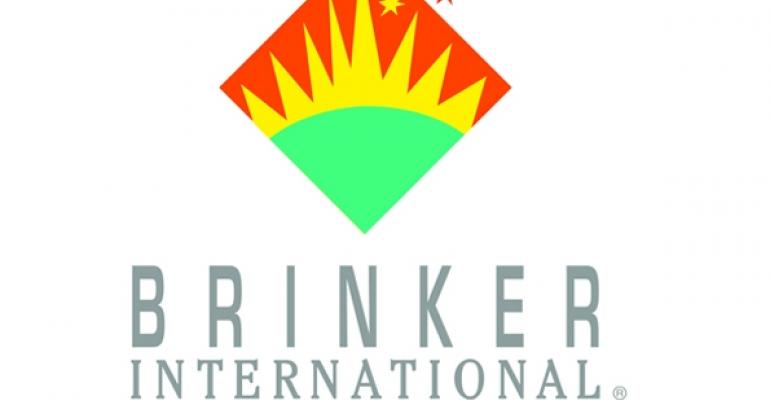The California Supreme Court is expected to rule in mid April on a landmark case about meal and rest breaks that could have a significant impact on all employers in the state.
Restaurant operators across the country who operate in California hope the long-awaited ruling, which is expected by April 12, will clarify what many see as ambiguous state laws regarding meal and rest breaks.
“For more than a decade, California employers have been left to guess what their legal obligation is,” under the state’s meal- and rest-break regulations, said attorney Julie Dunne of Littler Mendelson in San Diego.
Restaurant companies have been sued often, spending millions on legal battles and settlements, she noted. “This case is anticipated to finally offer some clarity … and it should bring a significant reduction in the lawsuits.”
A key question before the state Supreme Court is whether employers must ensure meal breaks for employees, or simply make them available. The court is also expected to determine whether such cases can be filed as class actions.
The case, Brinker v. Superior Court, stems from a lawsuit filed in 2004 against Chili’s parent Brinker International. The original lawsuit, Hohnbaum v. Brinker Restaurant Corp., was filed by five employees who claimed the company illegally denied them meal breaks for every five hours worked, as required by California law.
The complaint was later certified as a class-action lawsuit that was estimated to include potentially up to 63,000 current and former employees.
Brinker officials have declined to comment on the pending case, but attorneys for Dallas-based Brinker have argued that meal periods need only be provided, allowing workers the right to pass on their breaks if they choose.
How a manager handled a break period should also be decided on an individual basis, the company’s attorneys argued, not as a class action.
Timing of the break period is of particular interest to restaurants, as servers may not want to take a mandated 30-minute meal break if it means missing out on a tip.
Awaiting the state Supreme Court ruling are several pending meal- and rest-break lawsuits involving restaurant companies, including one filed in 2010 against Chipotle Mexican Grill.
Dunne said the Supreme Court could issue a decision on a prospective basis, which essentially would hold employers harmless for actions in the past, when the regulations were considered unclear.
For example, if the court decides that employers must ensure that meal and rest periods are taken at a certain time within the work day, the decision could apply from this point forward. Current cases in trial court would essentially be nullified because actions occurred before the law had been clarified.
Contact Lisa Jennings at [email protected].
Follow her on Twitter: @livetodineout

